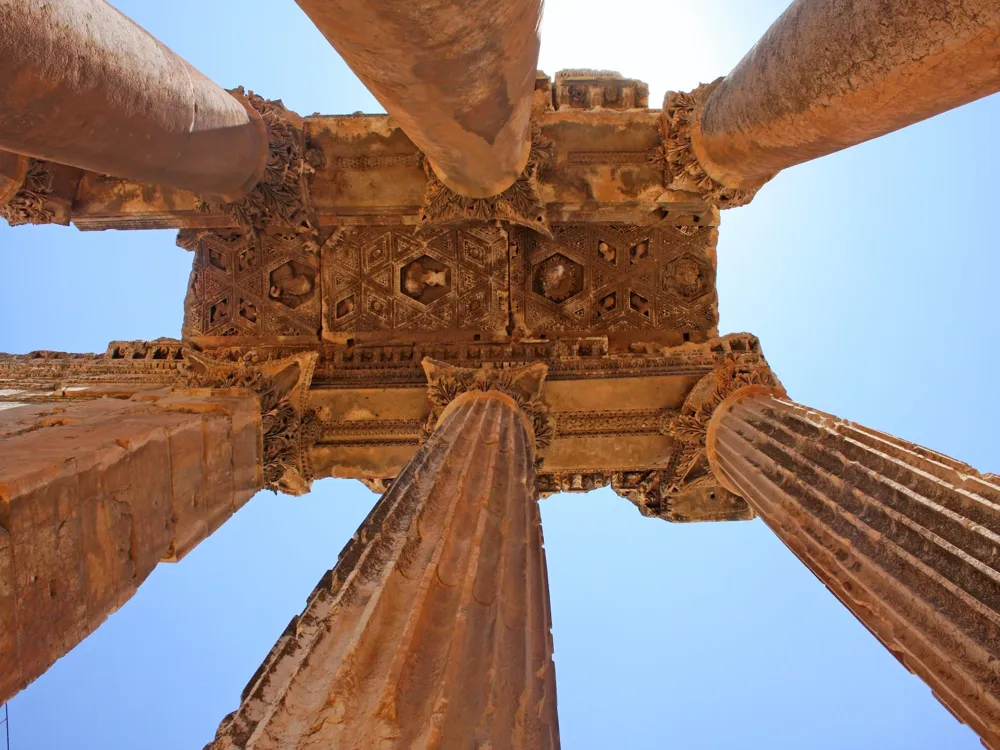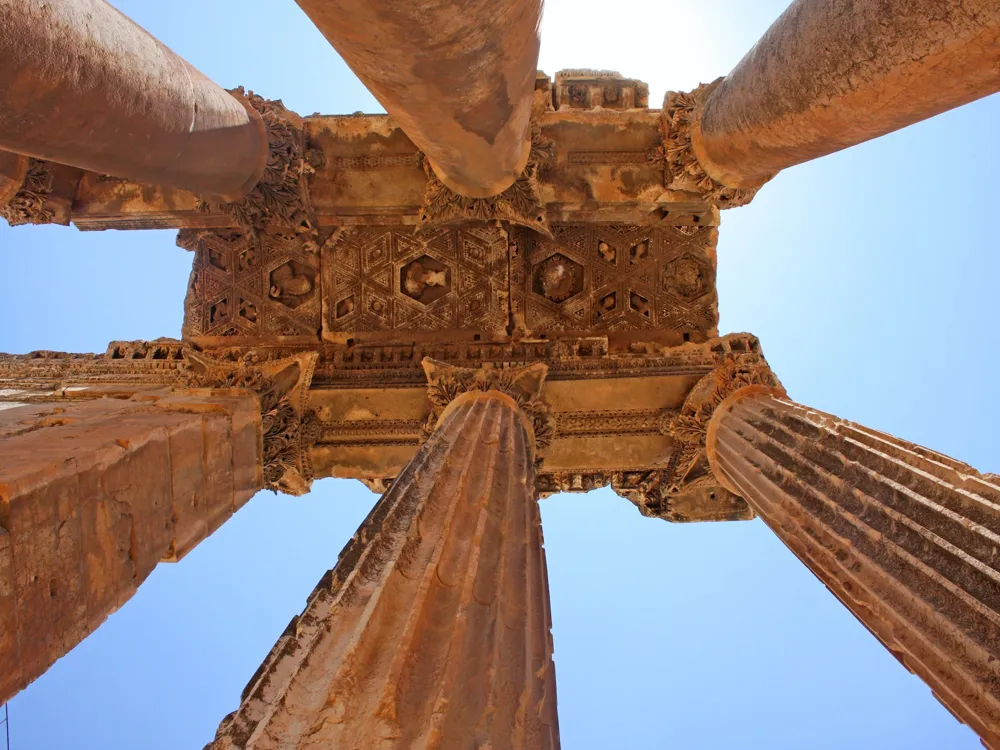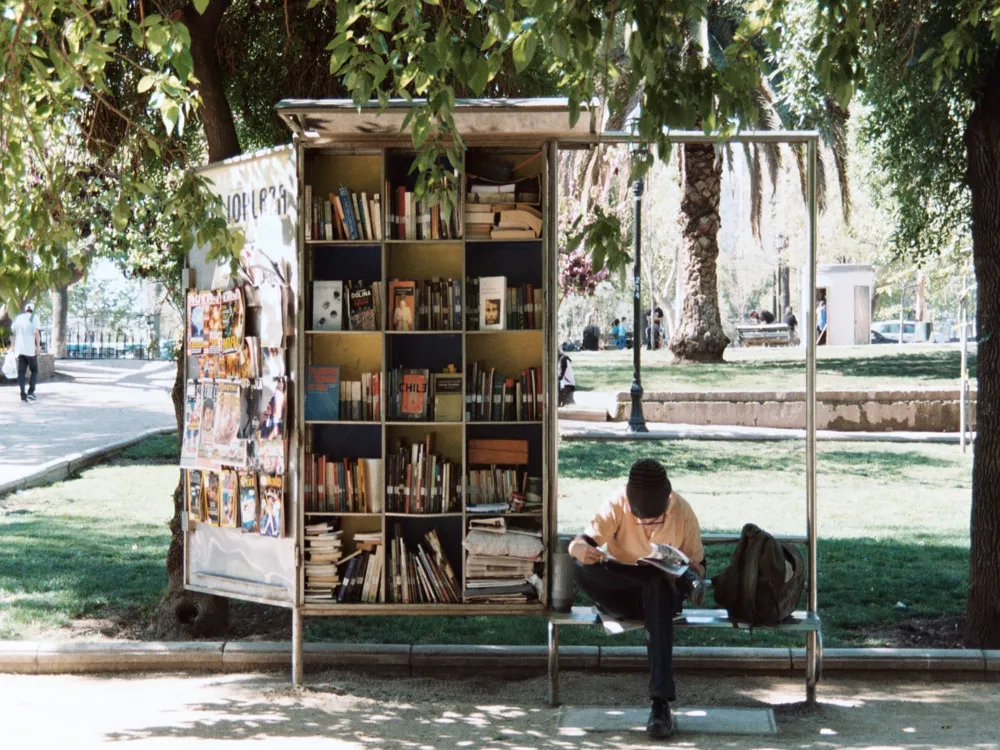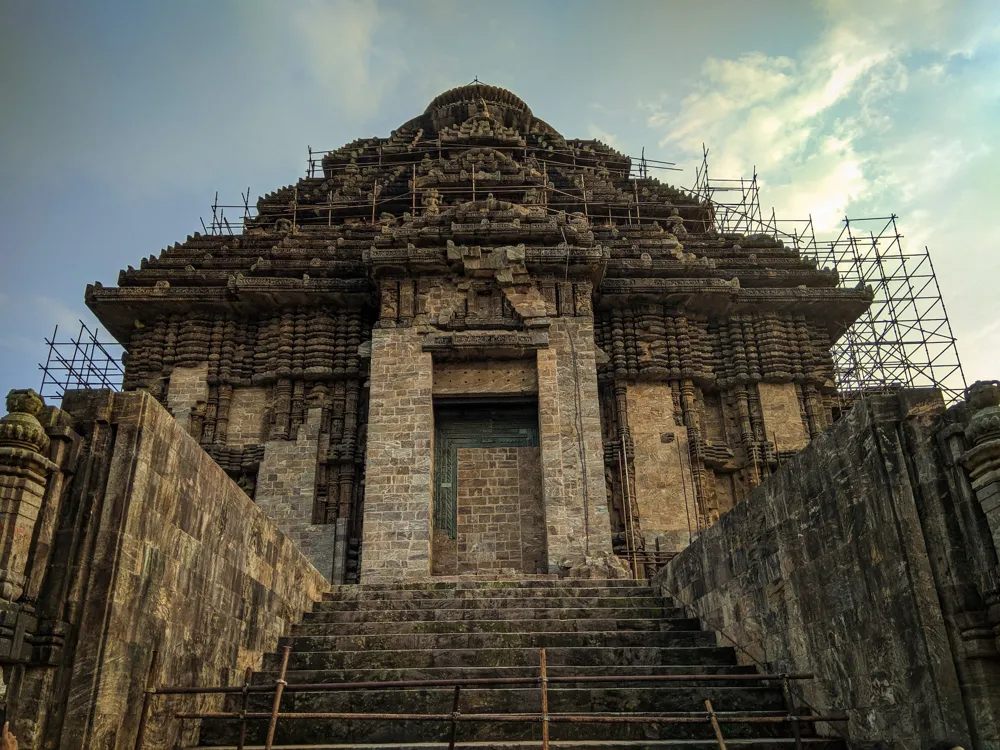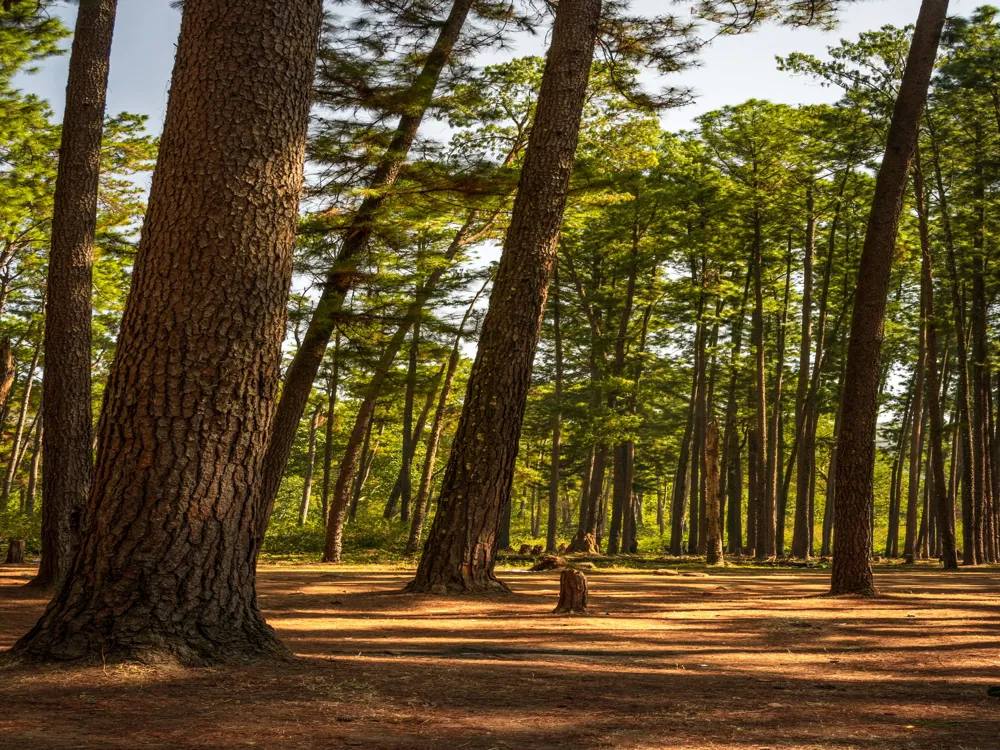The Regional Museum of Natural History in Bhubaneswar, Odisha, stands as a beacon of knowledge and cultural heritage. Established to promote environmental and conservation awareness, the museum offers a deep dive into the rich biodiversity and geological diversity of the region. It serves as an educational hub, attracting students, researchers, and nature enthusiasts alike. Upon entering, visitors are greeted with a wide array of exhibits showcasing flora, fauna, and geological artifacts. The museum's collection is a testament to the diverse ecosystems of Eastern India, ranging from lush forests to coastal ecosystems. Interactive displays and dioramas bring the natural world to life, offering an immersive experience. One of the highlights is the fossil gallery, which takes visitors back in time to explore the prehistoric era. The museum also plays a pivotal role in conservation efforts. Through various programs and workshops, it educates the public about environmental challenges and the importance of preserving biodiversity. The museum's commitment to sustainability is evident in its operations and educational initiatives. Furthermore, the Regional Museum of Natural History in Bhubaneswar serves as a cultural hub, hosting various events and exhibitions throughout the year. These events range from wildlife photography exhibitions to seminars on environmental issues, providing a platform for community engagement and learning. In conclusion, the Regional Museum of Natural History is not just a repository of artifacts but a dynamic institution that fosters a deeper understanding and appreciation of our natural world. Its role in education, conservation, and community engagement makes it a must-visit destination for anyone interested in nature and environmental science. The architecture of the Regional Museum of Natural History in Bhubaneswar is a splendid fusion of traditional Odia design with modern architectural elements. The building's design reflects a deep respect for the natural environment, seamlessly blending with the surrounding landscape. The museum's exterior is an embodiment of elegance and simplicity, characterized by clean lines and an earthy color palette that resonates with the natural surroundings. The use of local materials in construction not only adds to the aesthetic appeal but also reflects the museum's commitment to sustainability. Inside, the museum is a marvel of design and functionality. The spacious galleries are bathed in natural light, creating an inviting and immersive atmosphere for visitors. The clever use of space ensures a smooth flow between exhibits, allowing visitors to explore without feeling overwhelmed. One of the architectural highlights is the central atrium, which serves as a focal point, connecting different sections of the museum. This area is often used for interactive sessions and temporary exhibits, making it a dynamic space that constantly evolves. The museum's design also incorporates eco-friendly features, such as energy-efficient lighting and rainwater harvesting systems, underscoring its commitment to environmental conservation. Overall, the architecture of the Regional Museum of Natural History is a testament to the harmonious coexistence of cultural heritage and modern innovation. Check the museum's opening hours and any special events or exhibitions that might be happening during your visit. It's always a good idea to plan your visit in advance to make the most of your time. Wear comfortable shoes and clothing. You'll be on your feet for most of your visit, exploring the various exhibits. Consider joining a guided tour for a more informative experience. The museum offers guided tours that provide in-depth knowledge about the exhibits. Check the museum's photography policy. Some areas might allow photography without flash, while others may prohibit it entirely. Don't miss out on the interactive exhibits. These are not only informative but also a lot of fun, especially for children. Find out if the museum has a cafeteria or if there are nearby eateries. Most museums do not allow food and drinks in the exhibit areas. If you require special accommodations, contact the museum in advance to inquire about accessibility options. The Regional Museum of Natural History in Bhubaneswar is well-connected and easily accessible by various modes of transportation. It's located in a prominent area of the city, making it convenient for visitors to reach. For those traveling by air, the Biju Patnaik International Airport is the nearest airport, situated approximately 6 kilometers from the museum. From the airport, you can hire a taxi or use public transportation to reach the museum. If you're arriving by train, Bhubaneswar Railway Station is the closest major railway station. It's well-connected to major cities across India. From the railway station, taxis and auto-rickshaws are readily available to take you to the museum. For visitors coming by road, Bhubaneswar is well-connected through a network of national highways. There are several bus services, both government and private, that operate to and from the city. Once in Bhubaneswar, local transportation like buses, taxis, and auto-rickshaws can be used to reach the museum. Read More:Overview of the Regional Museum of Natural History in Bhubaneswar, Odisha
Architecture of the Regional Museum of Natural History
Tips When Visiting the Regional Museum of Natural History
Plan Your Visit
Dress Comfortably
Guided Tours
Photography
Interactive Exhibits
Food and Beverages
Accessibility
How To Reach the Regional Museum of Natural History
Regional Museum of Natural History
Bhubaneswar
Odisha
NaN onwards
View bhubaneswar Packages
Bhubaneswar Travel Packages
View All Packages For Bhubaneswar
Top Hotel Collections for Bhubaneswar

Private Pool

Luxury Hotels

5-Star Hotels

Pet Friendly
Top Hotels Near Bhubaneswar
Other Top Ranking Places In Bhubaneswar
View All Places To Visit In bhubaneswar
View bhubaneswar Packages
Bhubaneswar Travel Packages
View All Packages For Bhubaneswar
Top Hotel Collections for Bhubaneswar

Private Pool

Luxury Hotels

5-Star Hotels

Pet Friendly







